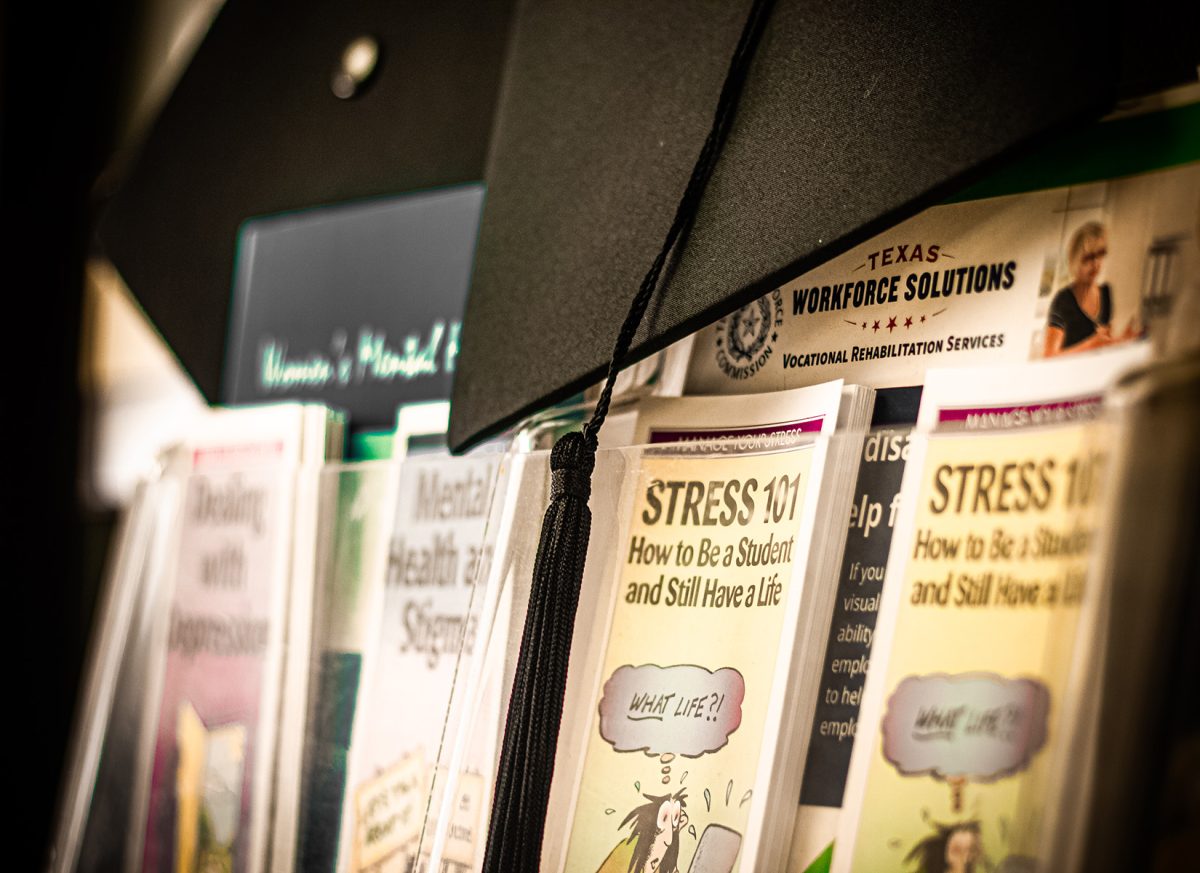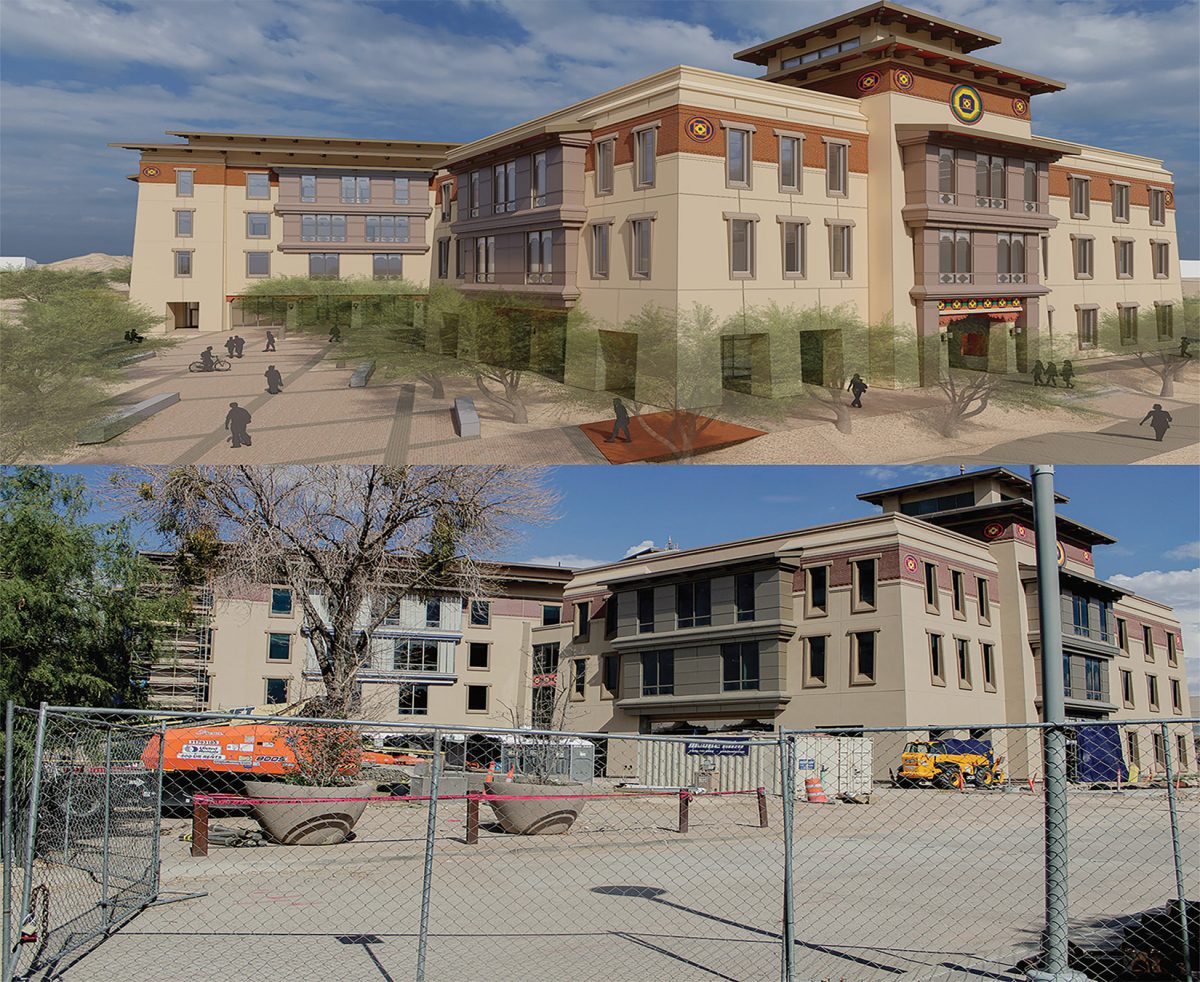Graduation season is one of the most significant turning points in a person’s life. While this time can be one of the most exciting and happy moments for students, it can also be full of uncertainty and dread.
According to the American Psychiatric Association (APA), 93% of students are hopeful about their future but 71% also said they are somewhat or very stressed about joining the workforce with 68% saying their mental health is one of the main reasons for feeling less prepared out of school.
Marieli Piñero-Melendez, Ph.D., director of outreach and clinical psychologist at UTEP’s Counseling and Psychological Services (CAPS) shared that students often experience increased levels of stress and anxiousness as they prepare for life after graduation.
Piñero-Melendez recommended several ways to help students deal with stress and make the transition easier as they encounter this monumental challenge.
“Being able to maintain social support networks can be very important and having those spaces to have those concerns validated,” said Piñero-Melendez. “Having some structure in regard to planning out what they want to do next but also pacing them themselves and having a little bit of balance in between that and maintaining self-care.”
Additionally, Piñero-Melendez mentioned that students can feel more prepared by using the University’s resources, such as the Career Center, for help with job applications and opportunities.
“I think there has been a lot of job insecurity in the past years, I know it depends a lot on where they’re planning to apply for jobs too,” said Piñero-Melendez. “That is something that’s brought up and we do try to connect them with resources that can help them prepare for interviews but at the same time normalizing that it’s a pretty natural experience to feel some anxiety or some stress related to graduating and related to uncertainty.”
According to Piñero-Melendez, students who plan to move out of town after graduation often feel more secure in their transition, as they may already have a sense of where they want to apply for jobs or places where they have completed internships.
This brings its own challenges as the anxiety of adjusting to a different environment, building new relationships, and starting over in a new community can add to the stress of the transition.
Piñero-Melendez explained that CAPS is especially attentive for suicidal thoughts and the symptoms of despair or hopelessness, which can worsen for many students before graduation as they deal with the sense of losing control over their future and careers.
The most important thing for students during graduation season according to Piñero-Melendez is taking things one day at a time, connecting with family and friends and practicing self-compassion.
“Practicing self-compassion is seeing ourselves or treating ourselves as we would treat someone that’s dear to us like a friend or family member,” said Piñero-Melendez. “Very often what happens with particular certain mental health concerns is when we’re very stressed, we tend to be very critical of ourselves.”
Piñero-Melendez shared that CAPS is open to students even after they graduate if they need to consult with a therapist or support in connecting with external psychological resources.
CAPS is located at 500 W University Ave., room 202 Union West. Students can contact CAPS through 915-747-5302 weekdays from 8 a.m. to 5 p.m.
The after-hours crisis hotline is 915-747-0291.
Other resources include Emergence Health Network, the local crisis line which can be reached at 915-778-1800 and the National Suicide and Crisis Lifeline at 988.
Ximena Cordero is a staff reporter and may be reached at [email protected]








